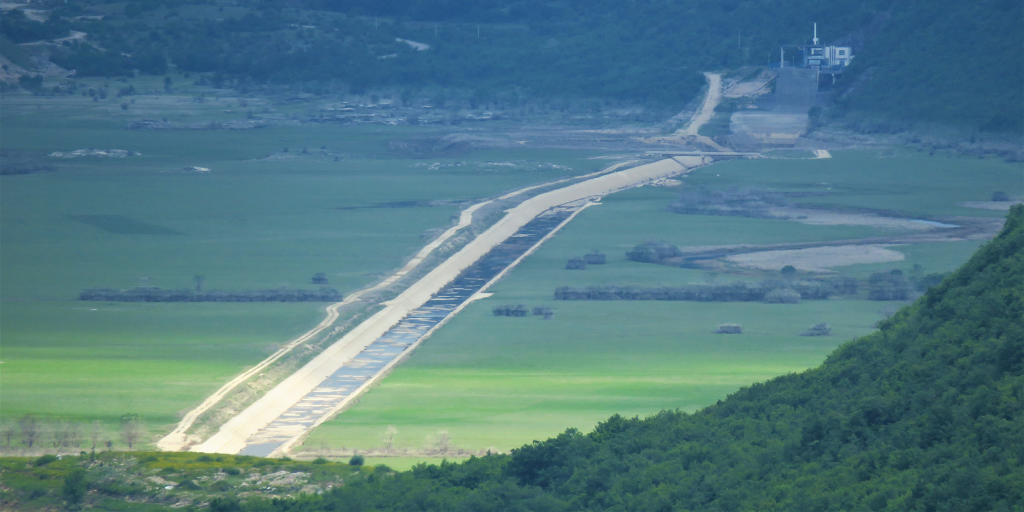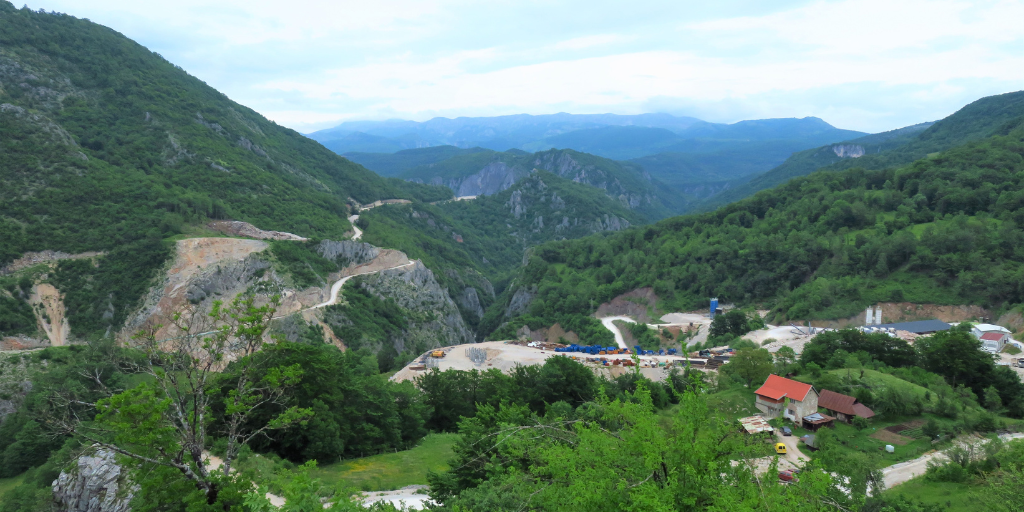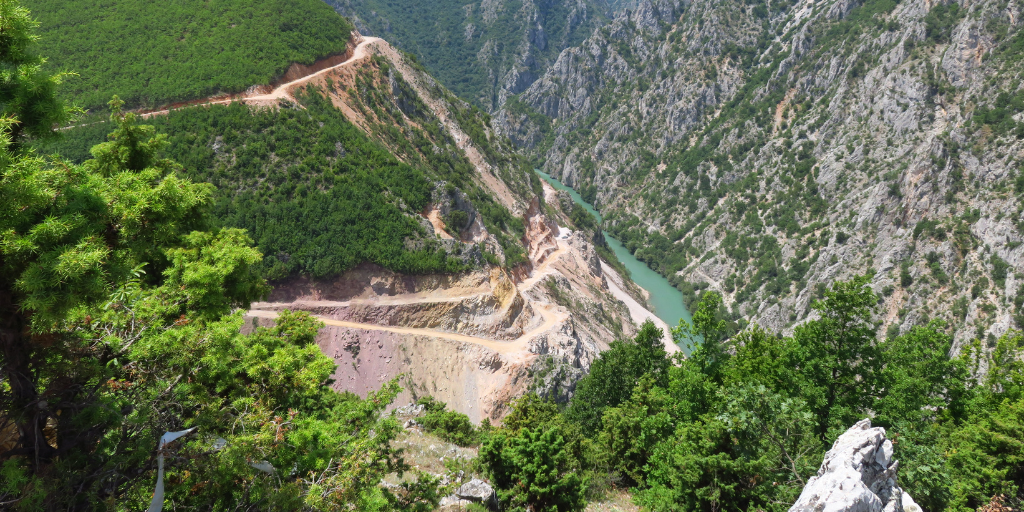From a grassroots to the international level …
We’re the largest network of grassroots, environmental and human rights groups in central and eastern Europe.
We monitor public finance institutions that are responsible for hundreds of billions of investments across the globe. The banks and funds we watch are often obscure but always important entities that function outside public scrutiny.
Together with local communities and other NGOs we work to expose their influence and provide a counterbalance to their unchecked power. We investigate the impacts of public finance, work with affected communities and local organisations across the world and help them protect their rights and livelihoods. We make sure their stories are being told in Europe’s power centers.
We regularly meet representatives of the institutions we monitor and we’re in Brussels, too, doing our bit to make Europe a fairer, cleaner and sustainable place.
Alternative news
We expose the risks of international public finance and bring critical updates from the ground.
We believe that the billions of public money should work for people and the environment.
CAMPAIGN AREAS
INSTITUTIONS WE MONITOR
OUR PROJECTS

Upper Horizons hydropower scheme, Bosnia and Herzegovina
A series of dams, diversion tunnels, hydropower plants and channels will completely change the natural hydrology of eastern Herzegovina and have unpredictable impacts on wetlands, rivers and underground karst.
Read more
Ulog and Upper Neretva hydropower plants, Bosnia and Herzegovina
A 35 MW hydropower plant is currently under construction on a pristine section of the Neretva river at Ulog. Seven more plants are also planned further upstream.
Read more
Skavica hydropower plant, Albania
Instead of increasing its energy security, Albania is pushing the construction of yet more hydropower. The Skavica project may flood several villages, displace thousands of people and bring the Balkan lynx to extinction
Read more